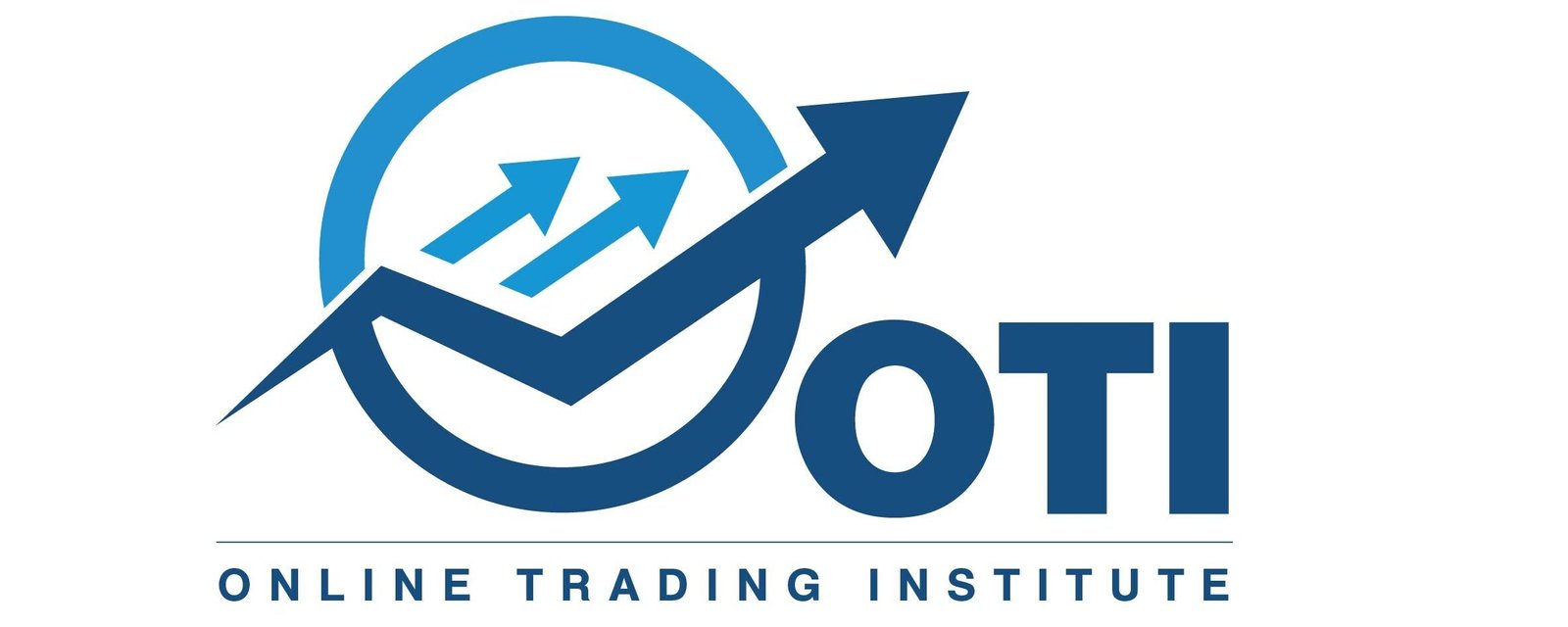What is the Full Form of IPO? Key aspects of an IPO
IPO: Initial Public Offering, Wondering about what’s an IPO? This article covers all the aspects of IPO. From what is IPO, IPO’s full form, Why IPO, how does it work and Why IPOs, everything will be discussed in this article.
IPO, is a crucial phase for any business in the sense of development. An IPO substantially boosts a company’s reputation and media exposure. An IPO can help with the development and expansion of the business. When several IPOs are being launched, it’s a sign that our economy is in good shape.
IPO is generally launched by the private company, when it’s switching to a public company. With the launch of IPO, they offer their shares to the public for the first time. After the launch of an IPO, a company’s visibility, financial stability and presence is going to increase no doubt.

What is IPOs Full Form?
The full form of IPO is Initial Public Offering. An IPO is a big for any company that goes from private to public. It gives the company a higher leverage to chase and achieve business goals that seemed to be unachievable earlier.
Once the business goes public, people can purchase the shares of the said company through stock exchange and become the part owners of the company. Initiation of the IPOs allows the companies to get funds through the primary market.
How does an IPO (Initial Public Offering) work?
Process of Initial Public Offering (IPO)
- A private company decides to go public to raise the capital through an IPO.
- Selection of the bank that will guide and assist them on their IPO and will assign them an underwriter. The underwriter will work as a broker between the investor and the company.
- There are types of underwriters
- Firm Commitment: Here the underwriter guarantees the company the sum of money will hike if there is any shortcoming in raising the funds through public investors but buying the remaining shares and fulfilling his commitment.
- Best Effort Commitment: This type of underwriter does not give any guarantees, it only helps in the selling of company’s securities.
- Syndicate of underwriter: Here, several investment banks are involved in selling the shares of the company. One of these banks will lead and form a syndicate, also form a collectively beneficial deal with others.
- An engagement letter will be prepared by both parties, with all the terms & conditions mentioned.
- Underwriter will issue a commitment with a letter of intent as per the plan to the issuing company, it will also include the company’s devotion given to an underwriter that it will provide all the essential information relating to the IPO.
- Then there will be an underwriting agreement between the company and the underwriter, which will bind them contractually.
- Both the company and underwriter will arrange a registration statement, mentioning the company’s history, management details, legal issues and any other relevant information that may attract the investors.
- The first prospectus is prepared by the underwriter, known as Red Herring Prospectus. It includes all the information about the company. This document is made for the investors who are willing to buy company’s stocks.
- After the approval, an underwriter decides the price and lot size offered by the company to the public.
- After deciding on the price, the company launches its IPO in the market, generally running for 4-5 days.
- At last, shares are allotted to the investors as per the bidding. It can be subscribed/undersubscribed/oversubscribed.
Check Out: Upcoming IPOs
Why does a company offer an IPO?
Launching of an IPO helps the private company in many ways:
- It raises the capital as it goes public, and the large number of investors will invest in the company by purchasing the shares.
- Its reputation, brand awareness and market opportunity increases as more people will know about it.
- Access to loans with less interest rates.
- Helps in increasing the liquidity.
- Helps in motivating the employees.
Conclusion
IPO has its own pros and cons for both the company and investors. It offers many perks to the company like increase in valuation of the company, increasing the market shares, liquidity and brand awareness among the public. We hope you find the above article helpful in understanding IPO’s full form and its importance.
Get access to market news, updates and trends; follow our telegram channel @onlinetradinginstitute
| Disclaimer: The sole purpose of our financial articles is to provide you with educational and informative content. The content in these articles does not intend any investment, financial, legal, tax, or any other advice. It should not be used as a substitute for professional advice or assistance. |



